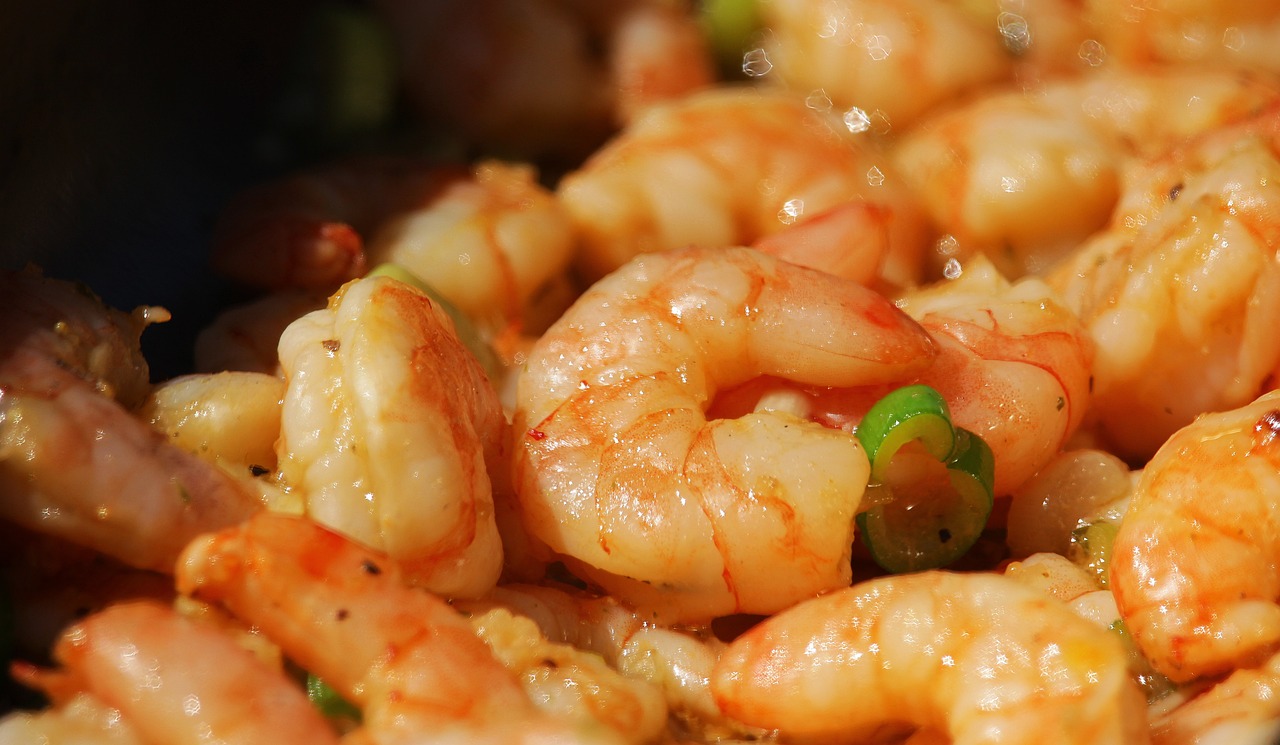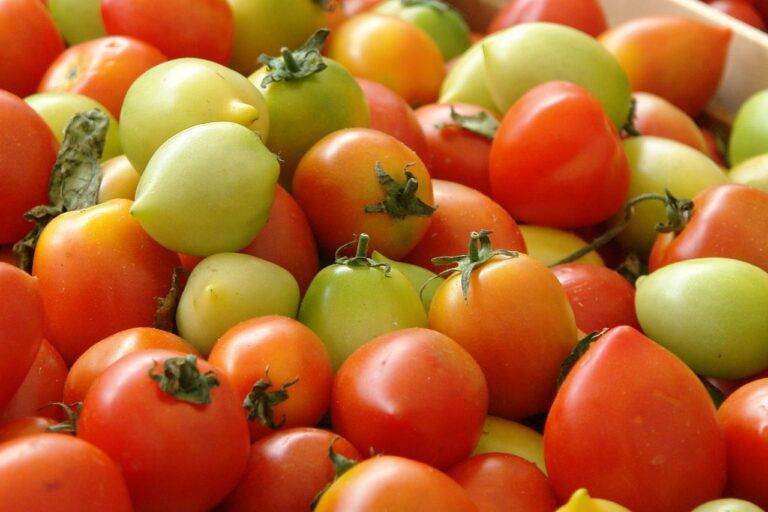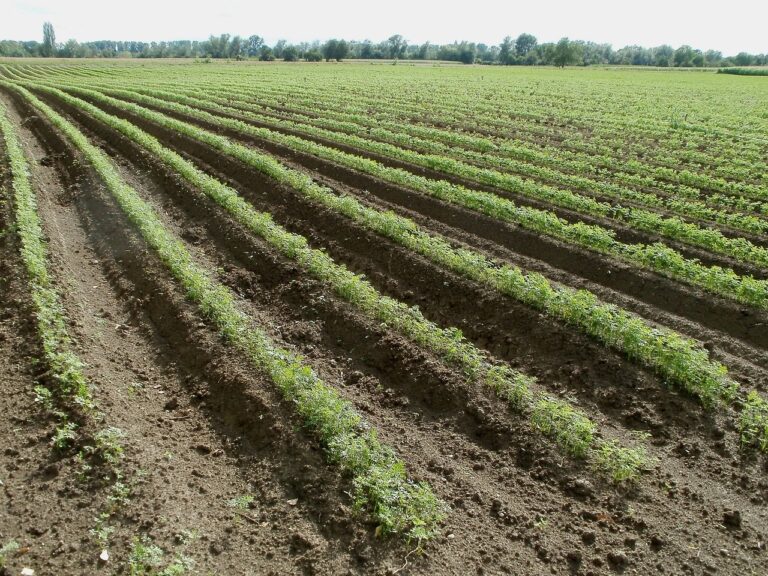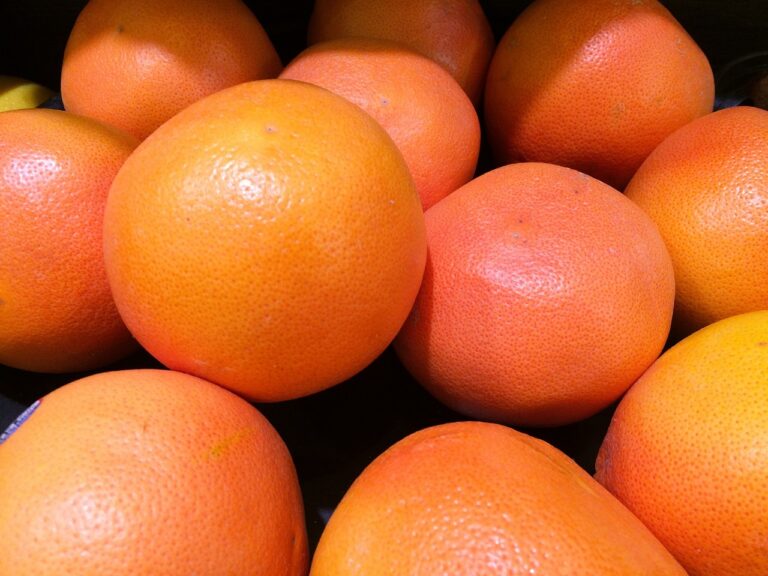The Role of Food in Building Stronger Communities
Shared meals have long been a cornerstone of human connection, serving as a time-honored tradition that brings people together in a unique and meaningful way. The act of breaking bread with others fosters a sense of camaraderie and unity, allowing individuals to bond over a shared experience of nourishment and enjoyment.
In today’s fast-paced world, where technology often hinders face-to-face interactions, the value of shared meals in cultivating relationships cannot be understated. Whether it’s a simple family dinner or a festive gathering with friends, the act of coming together to share a meal creates a space for genuine conversation, laughter, and the building of lasting memories.
How Food Can Bridge Cultural Divides
Food has long been recognized as a powerful tool for bringing people together across cultural boundaries. The act of sharing a meal can create a sense of connection and understanding that goes beyond words. When individuals from different cultures come together to break bread, they are able to exchange not only food but also stories, traditions, and values. This shared experience can help to break down stereotypes and build empathy between people who may have previously viewed each other as strangers.
Furthermore, the culinary traditions of a culture often embody its history, heritage, and identity. By exploring and appreciating the cuisines of different cultures, individuals can gain insight into the lives and perspectives of others. Food can serve as a gateway to learning about different customs, beliefs, and ways of life. Through the act of sharing meals, people can come to appreciate the richness and diversity of human experience, fostering a sense of unity and interconnectedness that transcends cultural divides.
Creating a Sense of Belonging through Community Gardens
Community gardens play a crucial role in fostering a sense of belonging among participants. These green spaces bring people from diverse backgrounds together in a shared environment, where they can connect over a common interest in gardening and cultivation. Through working side by side in the garden beds, individuals have the opportunity to bond, share experiences, and develop relationships that transcend cultural and social boundaries.
In community gardens, the act of nurturing plants and watching them grow can create a sense of unity and mutual respect among participants. The shared responsibility of caring for the garden instills a feeling of ownership and pride in the collective achievements of the group. By working collaboratively towards a common goal, individuals feel connected to one another and to the community as a whole, fostering a strong sense of belonging and solidarity.
How do community gardens help create a sense of belonging?
Community gardens provide a space for people to come together, work towards a common goal, and share in the benefits of growing and harvesting food together. This shared experience fosters connections and a sense of belonging among participants.
Can community gardens help bridge cultural divides?
Yes, community gardens can play a significant role in bridging cultural divides by bringing people from diverse backgrounds together to share their knowledge, traditions, and experiences related to food and gardening. This shared interest in food can help foster understanding and appreciation for different cultures.
What role do shared meals play in cultivating relationships within a community garden?
Shared meals provide an opportunity for gardeners to come together, bond over the fruits of their labor, and enjoy each other’s company. These communal meals help strengthen relationships, build trust, and create a sense of community among participants.
How can individuals get involved in community gardens to experience a sense of belonging?
Individuals can get involved in community gardens by volunteering their time to help maintain the garden, participating in gardening workshops and events, and sharing their knowledge and skills with other gardeners. By actively engaging in the community garden, individuals can cultivate relationships and feel a sense of belonging within the group.







